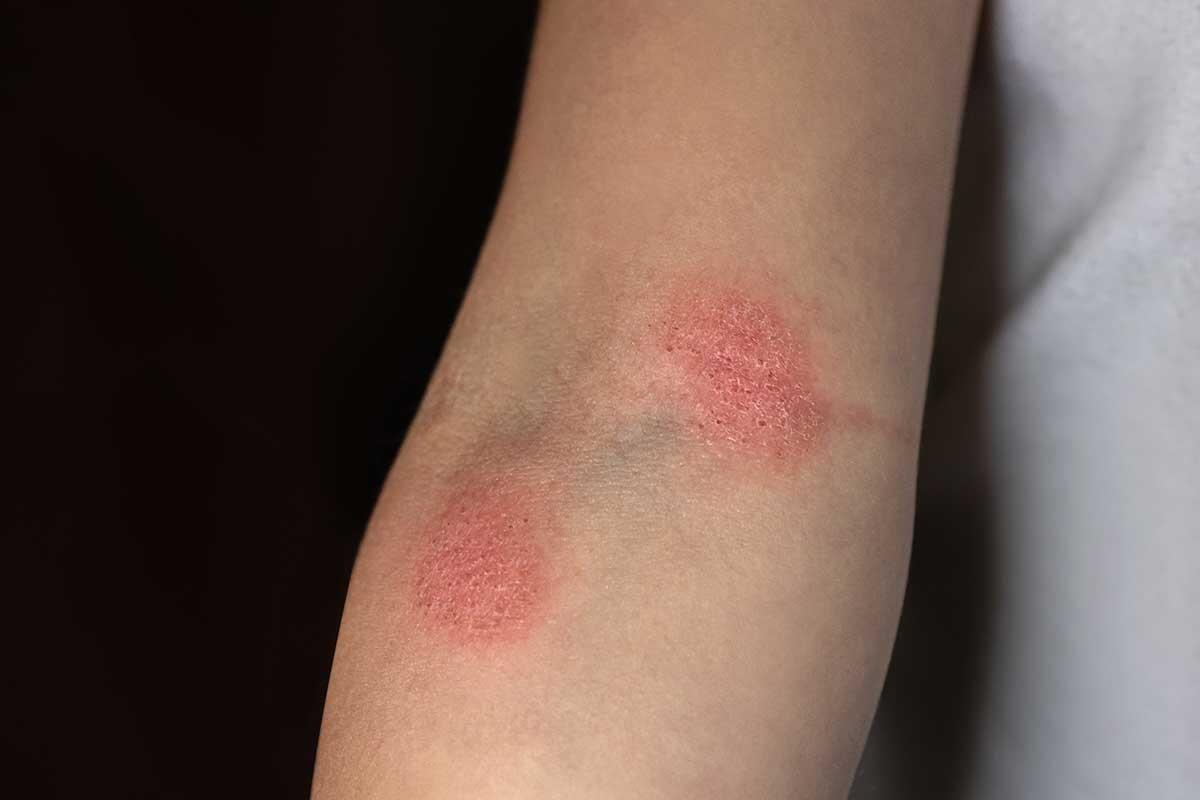Fungal Infections: Causes, Types, Symptoms, and Treatments
Fungal infections, commonly known as mycoses, are a prevalent health concern affecting individuals of all ages. Understanding their causes, recognizing the symptoms, and knowing the treatments can ensure timely management and prevent complications. At Clinic Consultation, we prioritize educating and treating patients with the highest standards of care to combat skin and fungal-related conditions.
What Causes Fungal Infections?
Fungal infections are caused by fungi that thrive in warm, moist environments. Common sources include:
- Direct Contact: Skin-to-skin contact with an infected person or animal.
- Contaminated Surfaces: Using infected personal items like towels, shoes, or grooming tools.
- Environment: Prolonged exposure to damp environments, such as locker rooms or swimming pools.
Fungi naturally reside on human skin, but an overgrowth can result in infection. At Clinic Consultation, our dermatology experts specialize in identifying the root causes of fungal infections to provide personalized solutions.
Types of Fungal Infections
Athlete’s Foot (Tinea Pedis)
This infection targets the feet, particularly between the toes, causing itching, redness, and flaking skin.
Ringworm (Tinea Corporis)
Ringworm appears as circular, red, scaly patches on the skin, often with a clear center.
Yeast Infections
Caused by Candida species, these infections can affect the skin, nails, or mucous membranes.
Understanding the type of fungal infection is essential for effective treatment. Clinic Consultation offers diagnostic tests to identify specific fungal pathogens and determine the most appropriate care plan.
Recognizing Symptoms of Fungal Infections
Symptoms can vary depending on the type of fungal infection, but common signs include:
- Itching and Redness: Persistent discomfort and visible irritation on the skin.
- Peeling or Cracked Skin: Particularly common in athlete’s foot.
- Rash or Circular Patches: A hallmark of ringworm.
- Thickened or Discolored Nails: Common in fungal nail infections.
Early detection is key. If you experience any of these symptoms, visit Clinic Consultation for expert evaluation and prompt treatment.
Effective Treatments for Fungal Infections
Topical Treatments
Creams, sprays, and powders containing antifungal agents like clotrimazole or terbinafine are often effective for mild infections.
Oral Medications
For severe or widespread infections, oral antifungals such as fluconazole or itraconazole may be prescribed.
Preventative Measures
- Keep skin clean and dry.
- Avoid sharing personal items.
- Use protective footwear in public areas.
Clinic Consultation emphasizes prevention alongside treatment. Our specialists provide patients with practical tips to prevent recurrence and ensure long-term skin health.
When to Seek Professional Care?
While over-the-counter treatments may help with mild infections, professional intervention is necessary if:
- Symptoms persist despite treatment.
- The infection spreads to large areas of the body.
- Pain, swelling, or secondary infections develop.
At Clinic Consultation, we combine state-of-the-art technology with personalized care to treat even the most stubborn fungal infections.
Conclusion
Fungal infections can be bothersome, but with proper knowledge and treatment, they are manageable. Understanding the causes, types, and treatments can lead to quicker recovery and prevention of future occurrences. For expert guidance and care, trust Clinic Consultation. Schedule your appointment today to ensure healthy, fungus-free skin.
